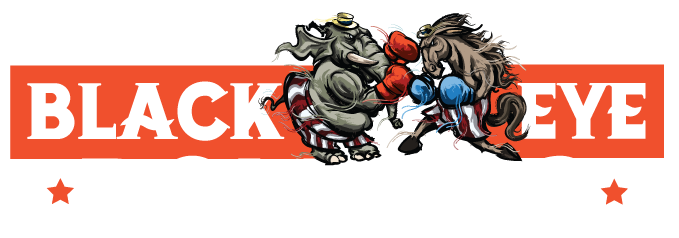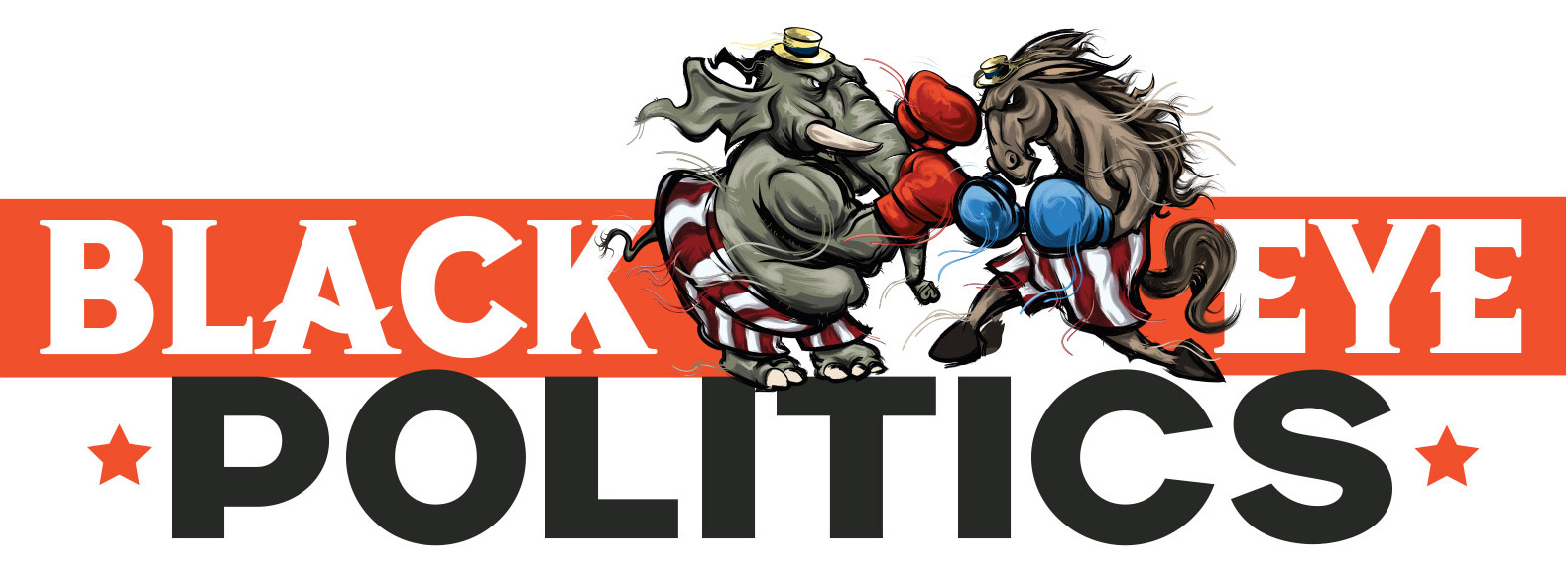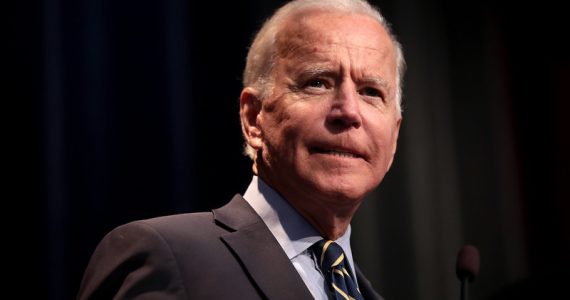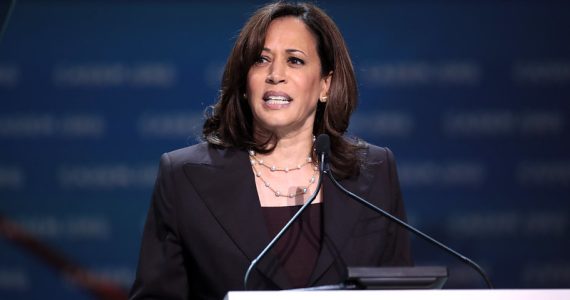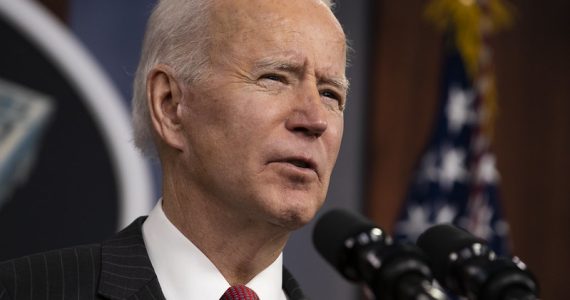Amy Coney Barrett was Donald Trump’s third and final nominee to the Supreme Court.
Barrett is once again coming under fire.
But Amy Coney Barrett just got called out by the last person she ever expected.
The Supreme Court issued an emergency ruling lifting a stay that U.S. District Judge Matthew Kacsmaryk placed on the Food and Drug Administration’s approval of the abortion drug mifepristone.
Pro-life groups challenged the FDA’s 2020 approval of mifepristone which allowed doctors to prescribe the drug by mail within 10 days of pregnancy.
A ruling by the Fifth Circuit Court of Appeals to Judge Kacsmaryk’s decision limited the approval of mifepristone to what existed between 2000 and 2016 — that doctors could prescribe mifepristone in-person within seven days of pregnancy.
But the Supreme Court restored the ability of doctors to prescribe the drug by mail which will allow abortionists to end-run pro-life laws in red states.
The ruling was 7-2 with Justice Alito and Justice Thomas dissenting.
That came as no surprise as Justices Thomas and Alito are the two most rock-solid pro-life votes on the Court.
What stood out in Justice Alito’s dissent, however, was the fact that Alito called out his colleagues by name over their past criticism of the Supreme Court using the so-called “shadow docket” to settle cases.
“Shadow docket” was a term coined in 2015 by University of Chicago Law Professor William Baude who defined the shadow docket as:
Outside of the merits cases, the Court issued a number of noteworthy rulings which merit more scrutiny than they have gotten. In important cases, it granted stays and injunctions that were both debatable and mysterious. The Court has not explained their legal basis and it is not even clear to what extent individual Justices agree with those decisions. … As the orders list comes to new prominence, understanding the Court requires us to understand its non-merits work – its shadow docket.
Courts use the shadow docket to decline to hear cases or grant emergency stays within seven days — usually when the Department of Justice appeals — without hearing oral arguments or accepting briefs.
Shadow docket rulings give a sense of how the Court will settle important legal questions as either the Court will decline to hear a case or stop a lower court’s ruling.
Justice Amy Coney Barrett called out the practice in 2021 writing that practice is used “on a short fuse without benefit of full briefing and oral argument” for a case “first to address the questions presented.”
In his dissent, Alito called out Barrett as well as liberal Justices Elena Kagan and Sonia Sotomayor for criticizing the shadow docket by name since they used the shadow docket here to allow the FDA’s approval of mifepristone to proceed.
“I did not agree with these criticisms at the time, but if they were warranted in the cases in which they were made, they are emphatically true here,” Alito wrote of the past cases where the justices criticized using the shadow docket.
Black Eye Politics will keep you up to date on any new developments in this ongoing story and the rest of the breaking news in politics, please bookmark our site, consider making us your homepage and forward our content with your friends on social media and email.
